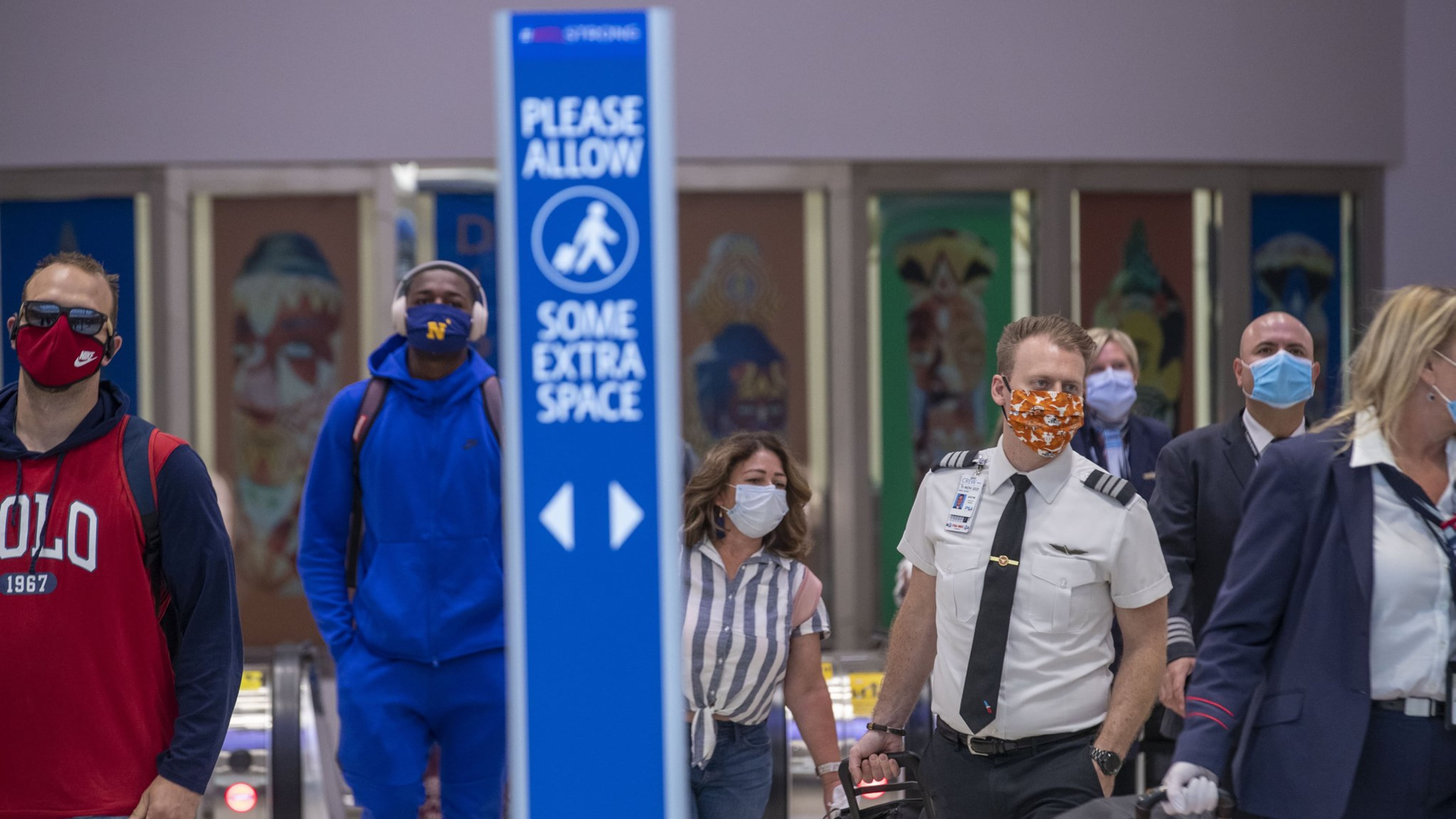Delta to test all employees for coronavirus

Delta Air Lines plans to test all of its employees for COVID-19 as it prepares to add back more flights at its Atlanta hub in July as travel gradually recovers.
CEO Ed Bastian said the company will soon announce a partnership with the Mayo Clinic and Quest Diagnostics to test all Delta employees for the coronavirus or antibodies.
Bastian said Delta has had 10 employees die due to the virus.
“Every one of them breaks my heart,” Bastian said. “It’s been a very difficult 90 days.”
But, he said, the curve has flattened within Delta's workforce. At the peak, he said, the airline had 2o to 25 positive cases a day among its employees. Over the last month, that has dropped to one or two a day.
By testing employees for the virus, they will "know where they stand with the virus, and we can then continue to surveil them," Bastian said during a webcast by Business Travel News.
The airline has 90,000 employees, though about 41,000 have taken voluntary unpaid leaves. The company also is cutting its workforce through buyouts and early retirements to adjust to the more than 80% decline in travel.
Delta plans to operate twice as many domestic flights in July as it did in May, according to Bastian. And many of the flights added back will be in Atlanta, where Delta has its largest hub. Bastian said he expects Delta to operate perhaps as much as 40-50% of its regular flight schedule in Atlanta in July, "which is substantially more than what you see today."
At the airline’s hubs, “we need to create that core connectivity that our customers need,” Bastian said. “Atlanta will see a lot of that growth.”
The company also announced Wednesday that it will extend its policy to block middle seats and cap seating capacity at 60% in the main cabin through Sept. 30, along with caps on passenger loads in first class and business class.
To keep passenger counts below the caps, Delta says it is adding flights where demand is high, or switching to larger planes on those routes.
But Bastian also described blocking seats as “a short-term measure,” saying that planes need to be 75-80% full to be profitable. Right now, the airline’s planes average 46-48% full, he said.
The airline is also restarting automatic upgrades for its elite-level frequent fliers June 10, rather than handling them manually at the gate. But the upgrades will still be subject to availability under the seat caps.
Bastian acknowledged that some people, including those in high-risk categories, “probably should not be traveling.” But he said for others, “it’s the best time to fly.”
He said he expects leisure travel to come back first, but that corporate travel managers should “encourage people to get out on the road.”



